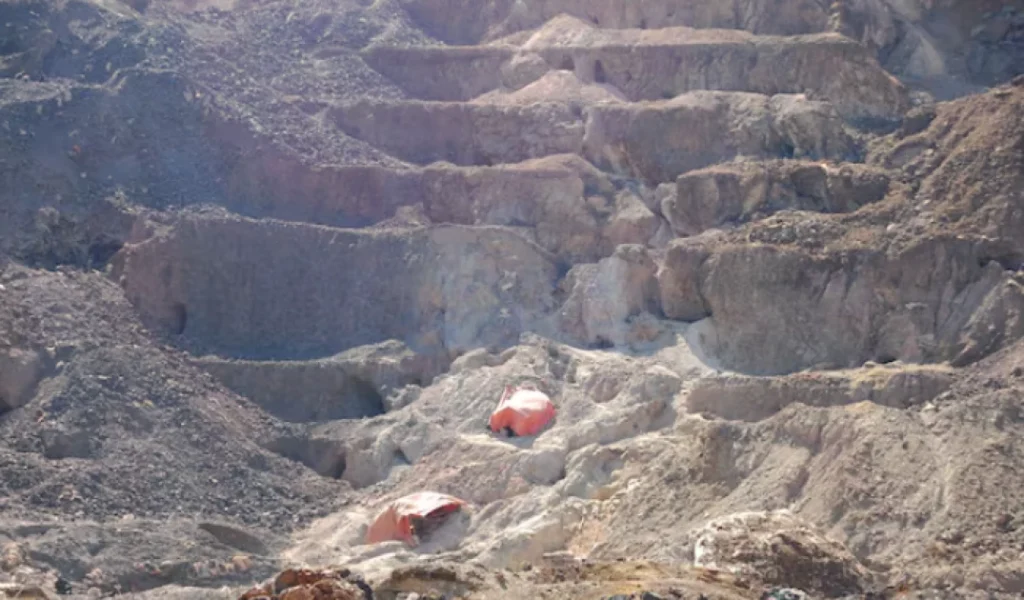The Democratic Republic of Congo (DRC) has announced that it will lift its cobalt export ban on October 16, 2025, introducing a quota system to regulate supply and stabilize prices. The decision marks a shift from an outright ban to a controlled market approach, as the country seeks to strengthen its influence over the global cobalt trade.
According to the Authority for the Regulation and Control of Strategic Mineral Substances’ Markets, miners will be allowed to ship 18,125 tonnes of cobalt for the remainder of 2025. Annual caps of 96,600 tonnes will apply in both 2026 and 2027. Quotas will be distributed based on companies’ historical exports, with 10% of production reserved for strategic national projects.
Congo, which produces about 70% of the world’s cobalt, suspended exports earlier this year after prices hit a nine-year low. The ban, first introduced in February and extended in June, caused major disruptions, with mining giants Glencore and China’s CMOC Group declaring force majeure on some operations.
The new quota system aims to reduce excess inventories and stabilize cobalt prices, which are critical for the electric vehicle and renewable energy industries. Glencore has reportedly backed the system, while CMOC has opposed it. The regulator also noted it has the right to buy back stocks exceeding quarterly allocations.
However, challenges remain. Congo’s artisanal mining sector, which accounts for a large share of cobalt production, remains largely unregulated, complicating traceability and compliance for international buyers. Meanwhile, escalating conflict in eastern Congo where the government accuses armed groups like the M23 rebels of profiting from illegal mineral exploitation adds further uncertainty.
With global demand for cobalt expected to rise in the coming years, Congo’s quota-driven approach will likely shape supply dynamics and influence battery supply chains worldwide.

